
‘Most addictive burger’ created in swipe against UPFs
Recipe box company Gousto’s campaign is the latest high-profile initiative taking aim at ultra-processed foods
News & Analysis on Food & Beverage Development & Technology

Recipe box company Gousto’s campaign is the latest high-profile initiative taking aim at ultra-processed foods

A move towards plant-based food production could see farmers losing out - by billions

Lowering meat consumption remains a key part of European diets

Makers of cell-based meat are falling, fast. We round up who’s shutting up shop and why

The long-awaited deal has hit another roadblock

As Beyond, once one of plant-based’s leading brands, expands into drinks, the future of the sector is far from clear

The latest Dietary Guidelines may not reinvent the wheel, but they offer manufacturers a roadmap to balance nutrition, consumer preference and formulation strategy across sweeteners, grains and processed foods, according to one expert

Within a narrow funding landscape, plant-based inputs are emerging as one of the most pragmatic ways cultivated meat companies can reduce costs and move toward commercialization

Cyber crime is hitting food and drink hard, exposing just how quickly supply chains can break. What can industry do to protect itself?

The landmark trade deal with the Latin American bloc will have long-lasting impacts on the food sector

A fresh wave of food fraud is sweeping the globe. What can be done to stop it
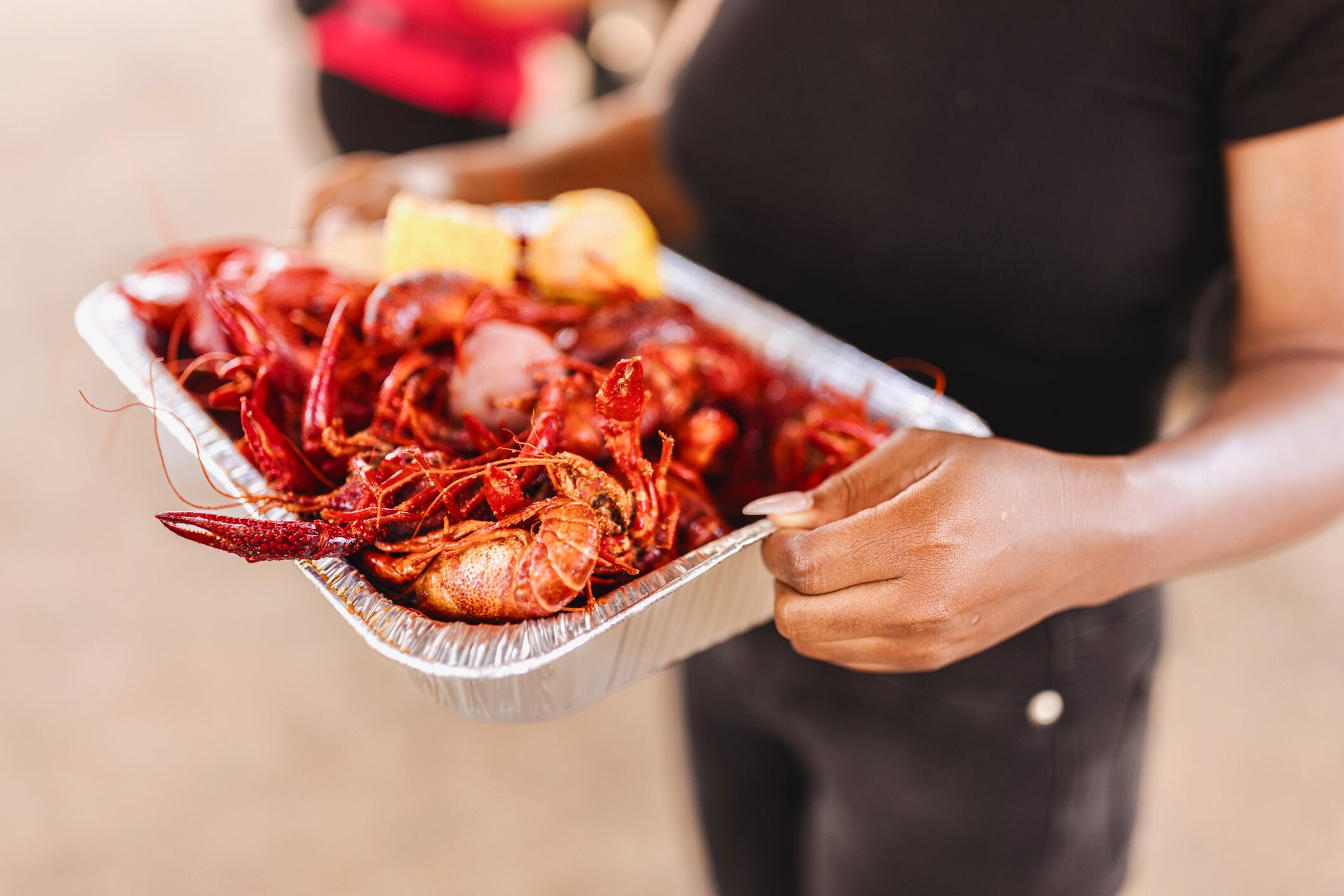
Animal welfare concerns have led the UK government to take action on the controversial killing method

January is the time for restraint. What foods and beverages are consumers giving up?

Four trend wars, four surprising winners. Dive into the food and beverage battles that dominated the industry in 2025
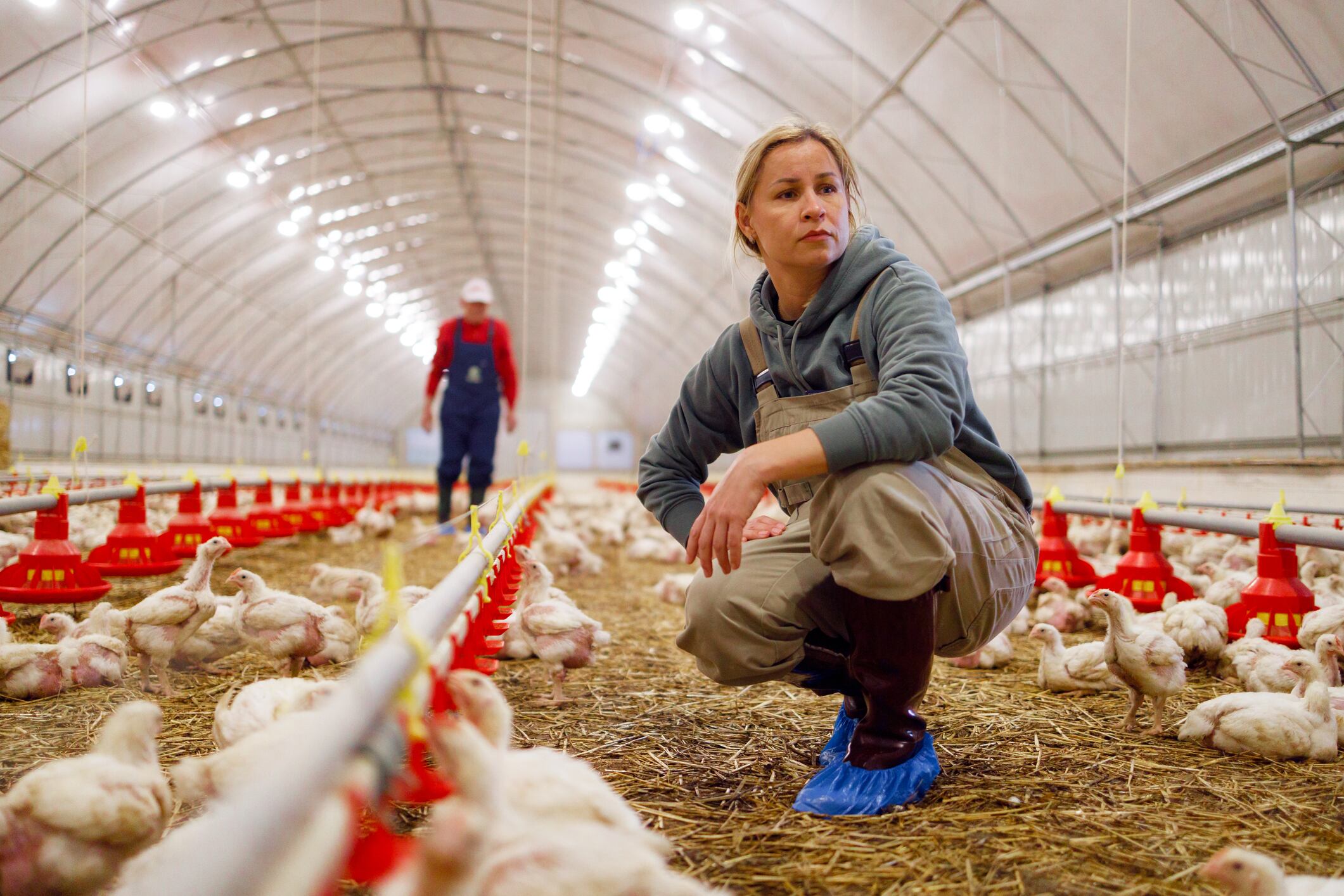
A bird‑flu strain spreading through US dairy herds has Europe on alert, as EFSA warns that early detection and strict biosecurity will be key should the virus cross the Atlantic.

Opinion
By explicitly cutting off novel foods from use in regulatory sandboxes, the EU is stifling innovation
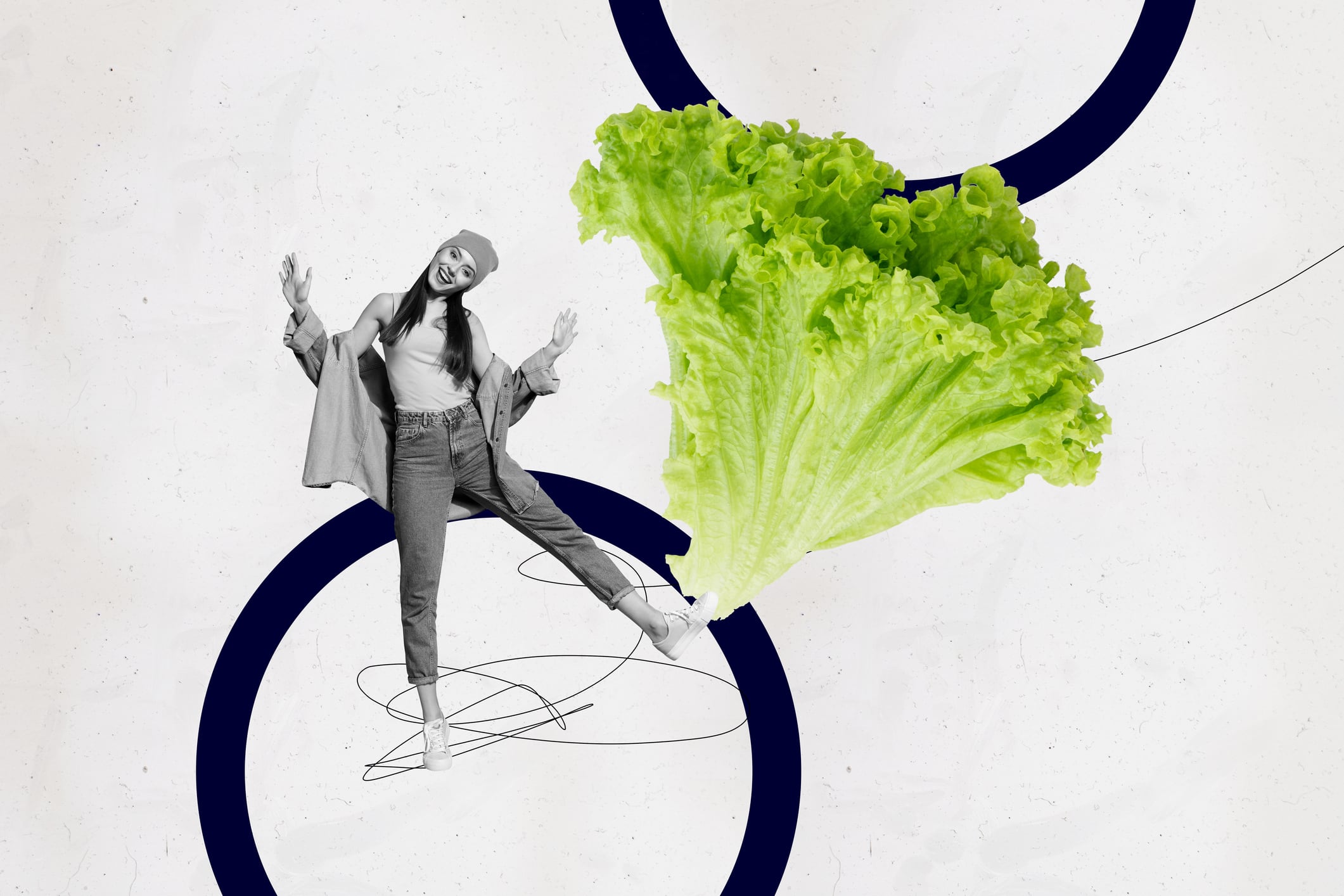
What predictions were right, and which ones didn’t come to pass?

The deforestation regulation’s postponement comes after a year of political wrangling
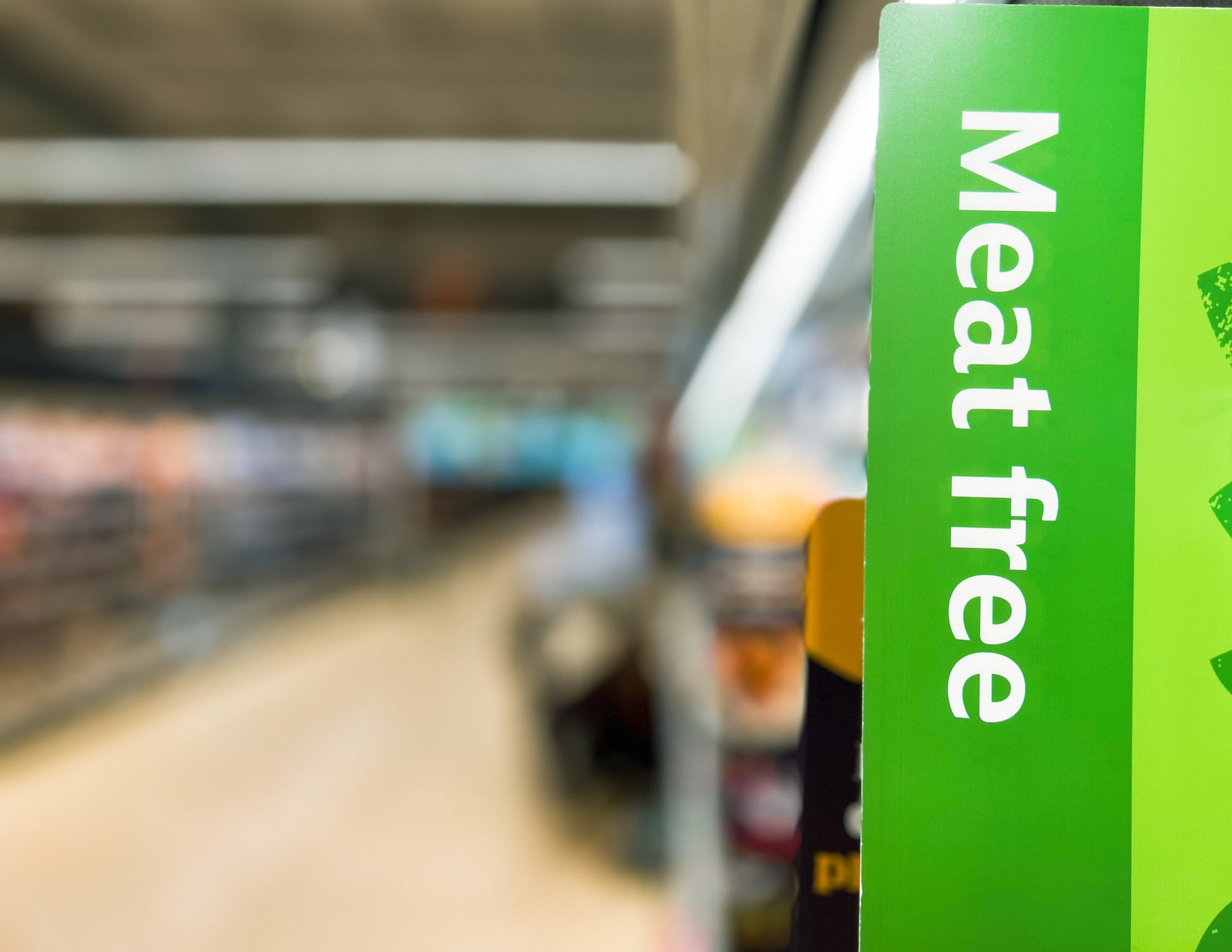
Confusion during talks has postponed the decision on the ban

What’s next for the plant-based trend?

The UK has released its first guidelines on cultivated meat novel food applications
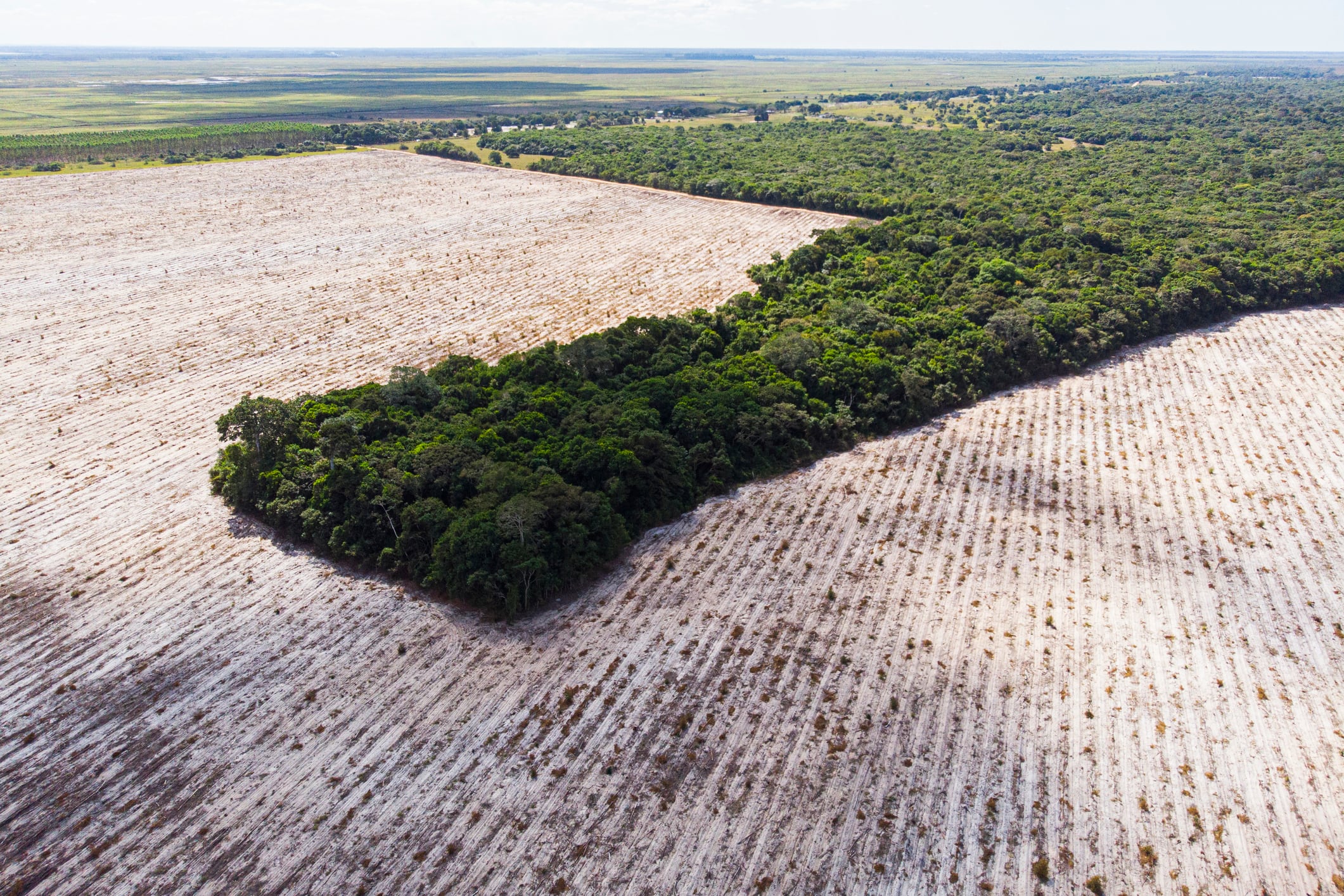
The Council and Parliament have decided to postpone the landmark regulation
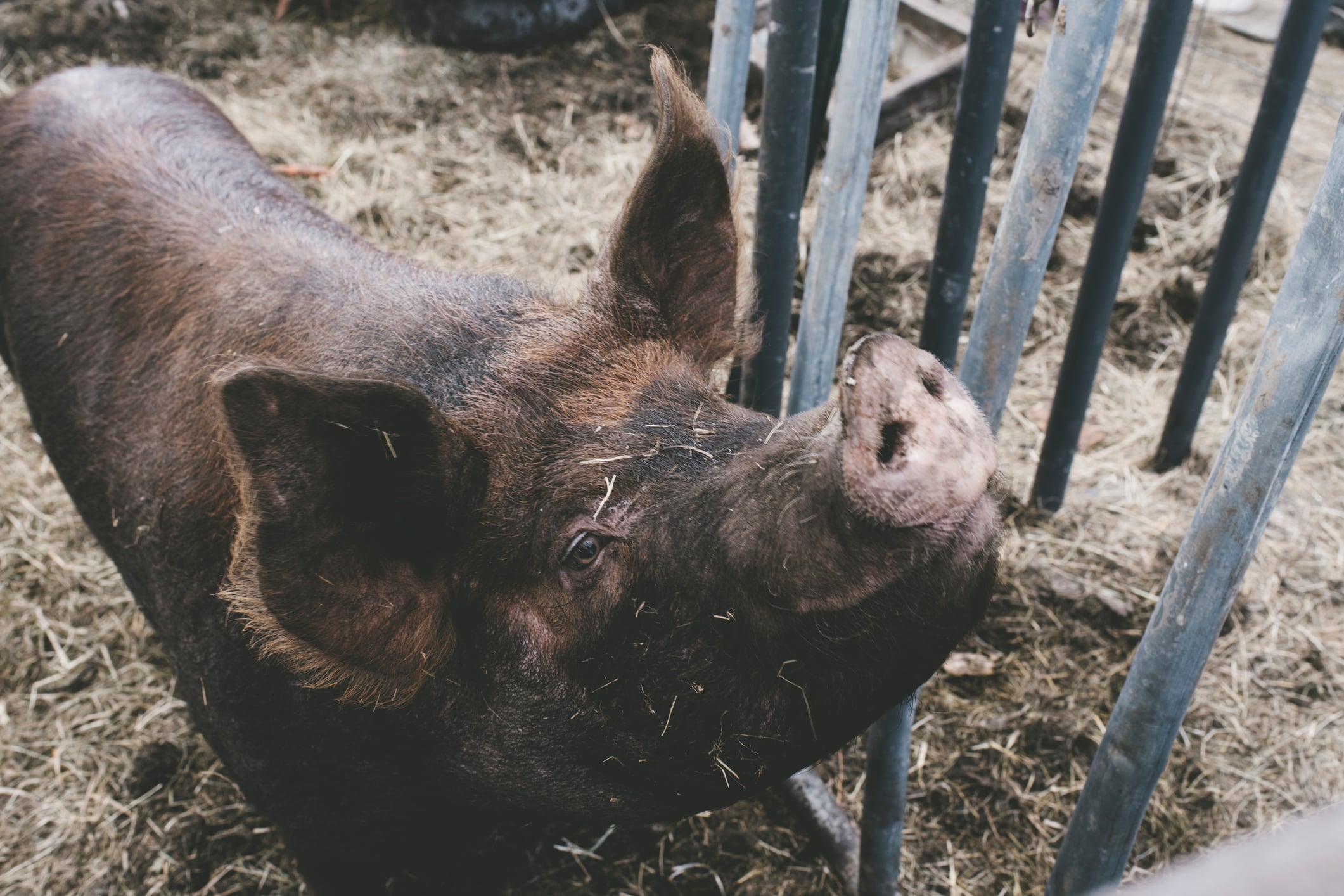
The disease has hit the EU’s largest pork producer hard

Younger consumers are often more open to new technologies and less sceptical about ultra-processed foods

The Protein Brewery is celebrating a positive scientific opinion from Europe’s food safety agency. So when will its new mycoprotein ingredient hit the market?
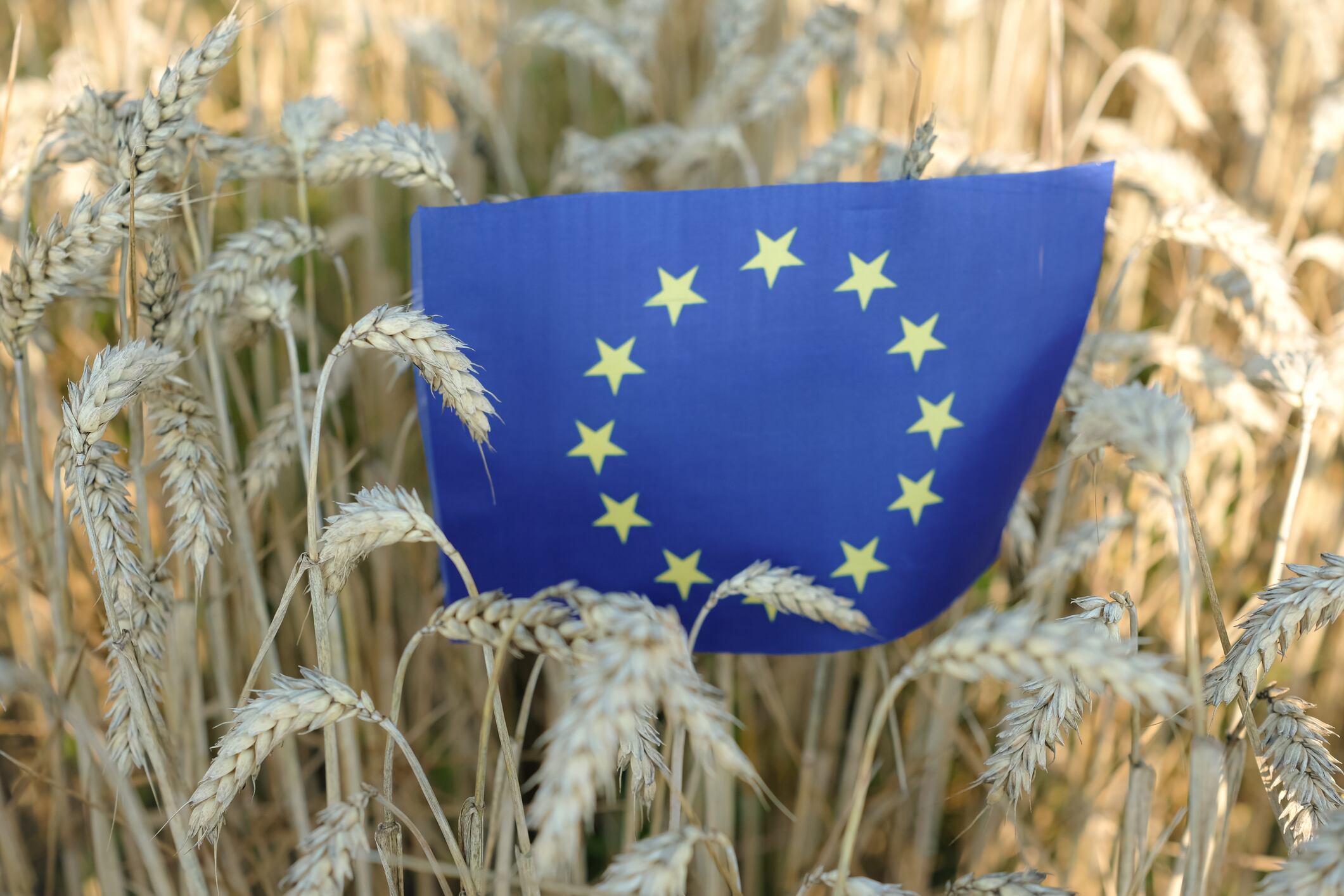
The wide ranging strategy touches on both packaging and novel foods

The landmark deforestation regulation is a step closer to being postponed following a vote in European Parliament
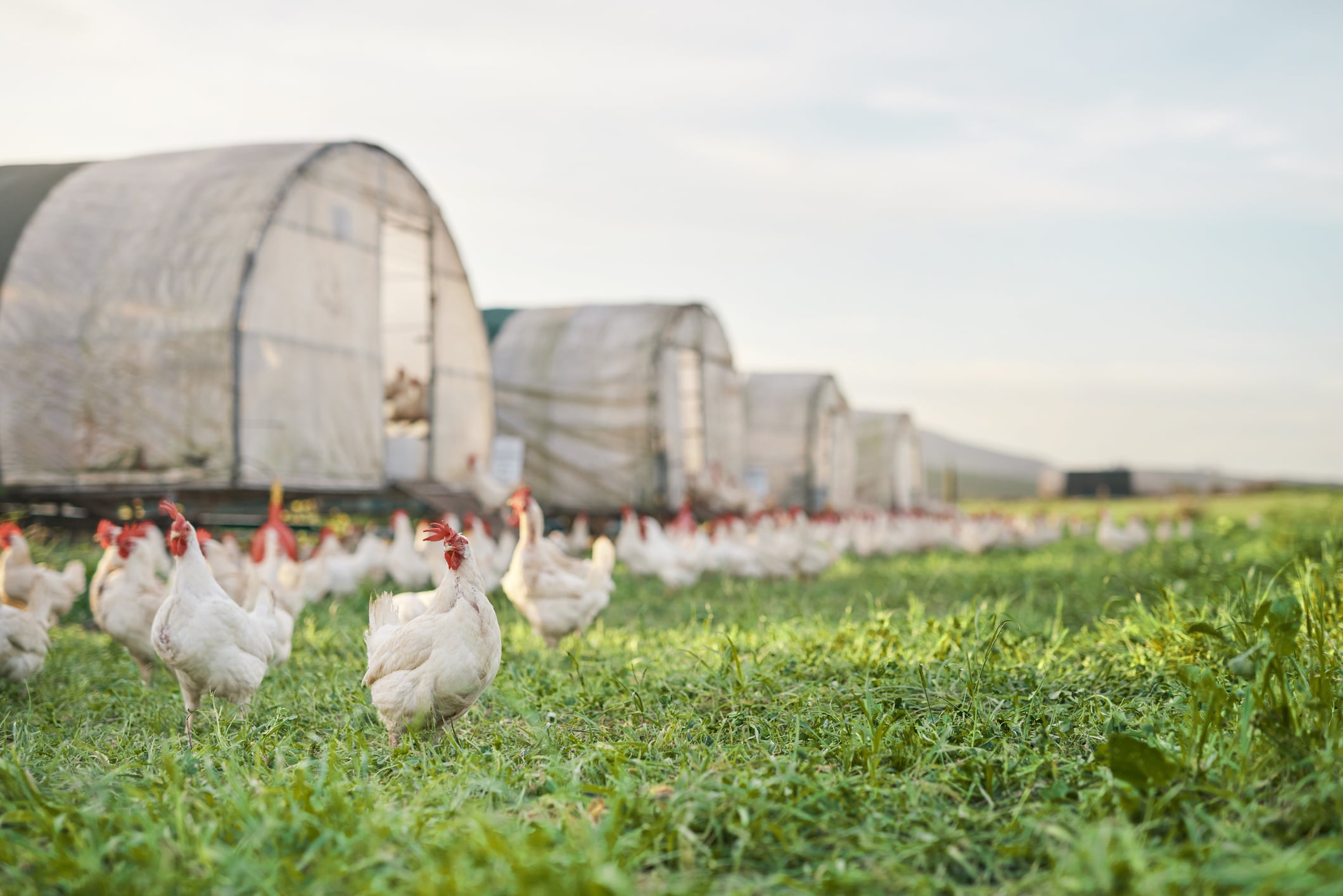
Cases of avian influenza are now four times what they were a year ago

The global food and beverage ingredients market is booming. But what are the trends powering industry growth?
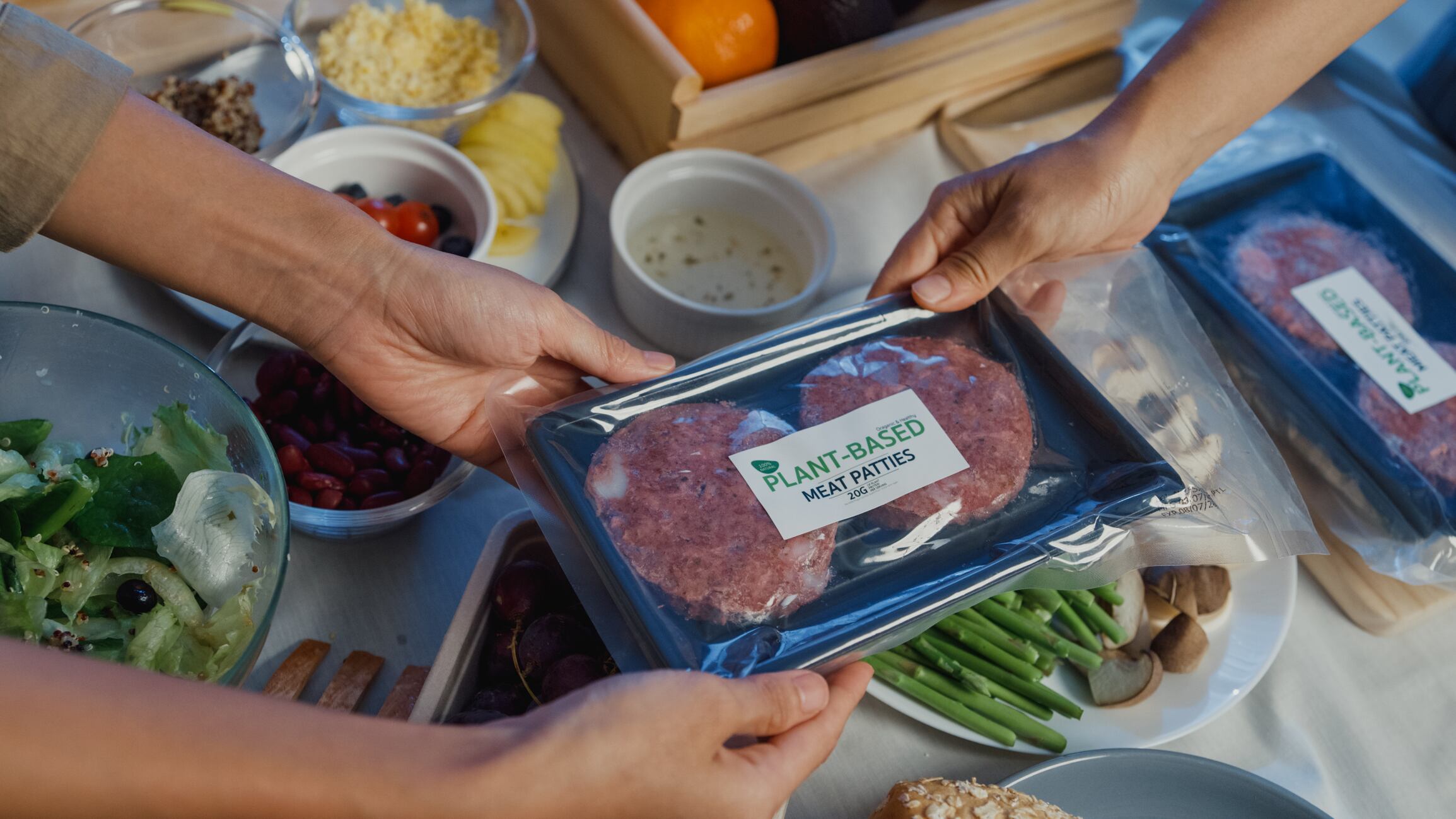
Meat-related terminology makes little difference to how confused consumers are with meat alternatives
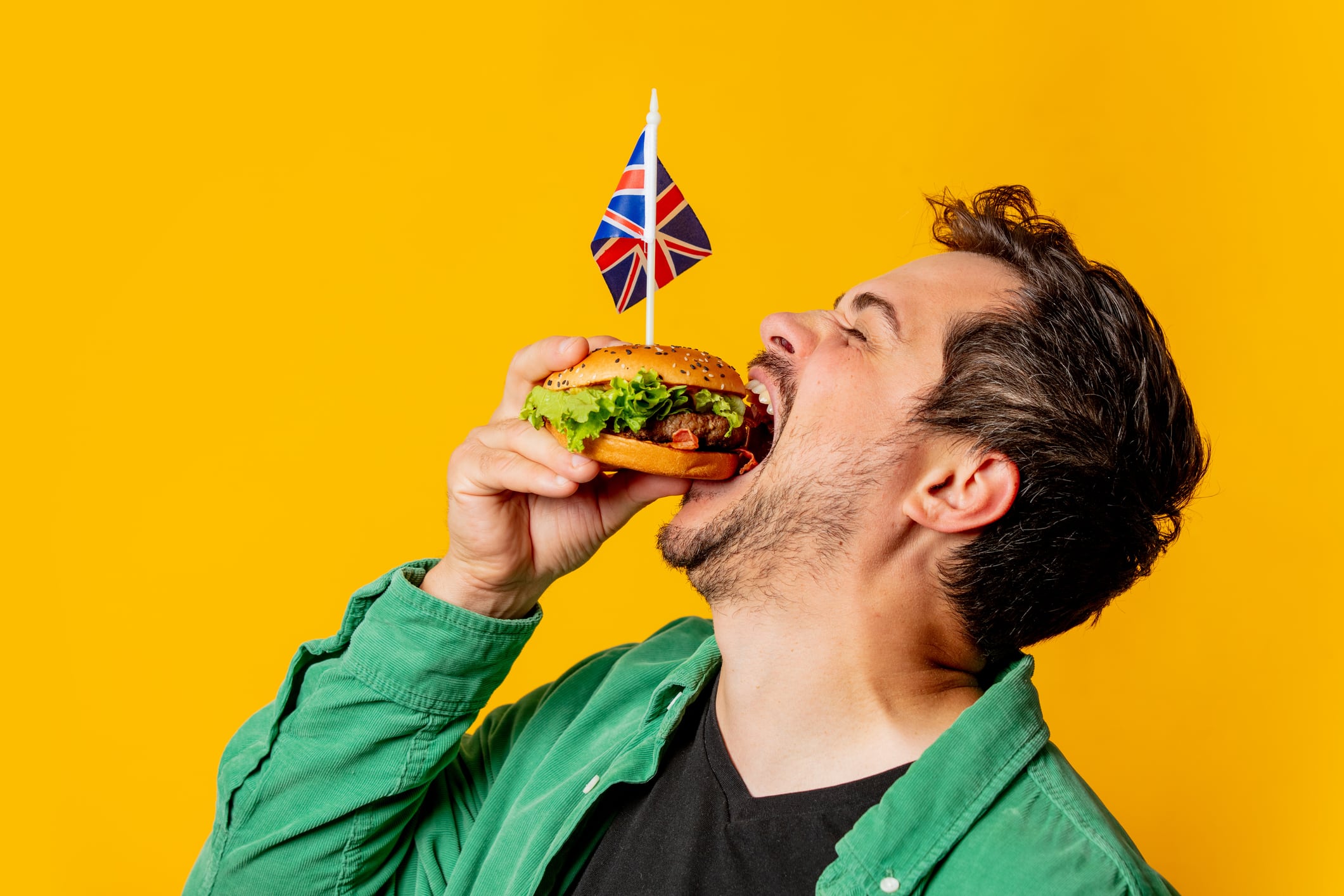
Thanks to a deal earlier this year, labelling restrictions for meat alternatives may spread beyond the EU’s borders

Up the food chain
The newly appointed Dr Nikolaus Kriz has ambitions to optimise European food safety

Discover the five trends that will define 2026, and why agility, authenticity, and technology will determine who succeeds and who fails

The EU council has backed a year-long delay of the landmark regulation

Alternative proteins have lost a lot of popularity in recent years, and this is reflected in IP activity

Despite opposition from key industry players such as Ferrero and Nestlé, a one-year postponement may still take place
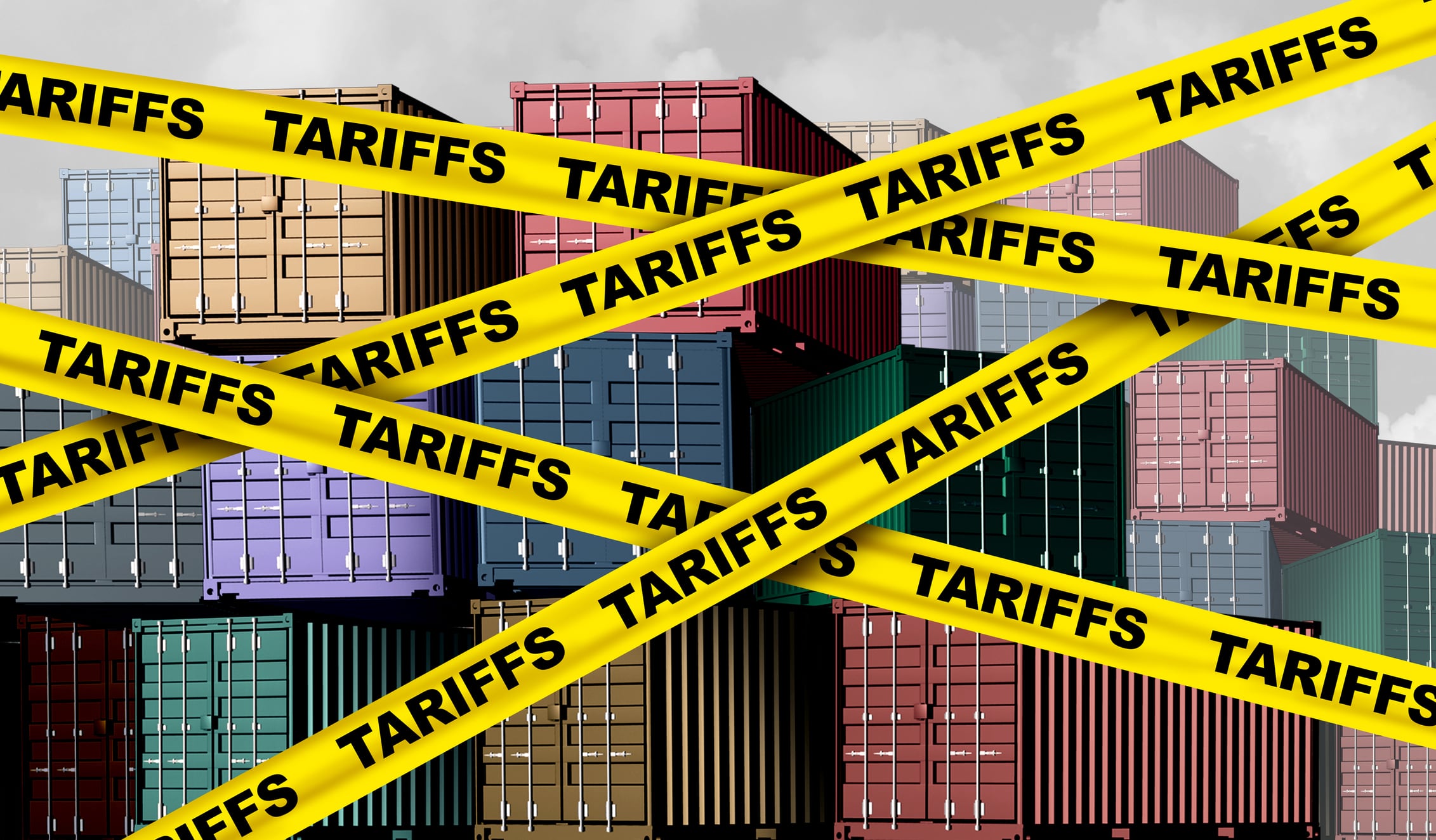
Consumer Brands Association urges further tariff rollbacks on products like palm oil and tin mill steel

Despite its sustainability and health credentials, mycoprotein is losing ground. Is this an image problem - or something else entirely?

Sweeping alterations to the EU’s deforestation regulation changes the game for compliance and enforcement
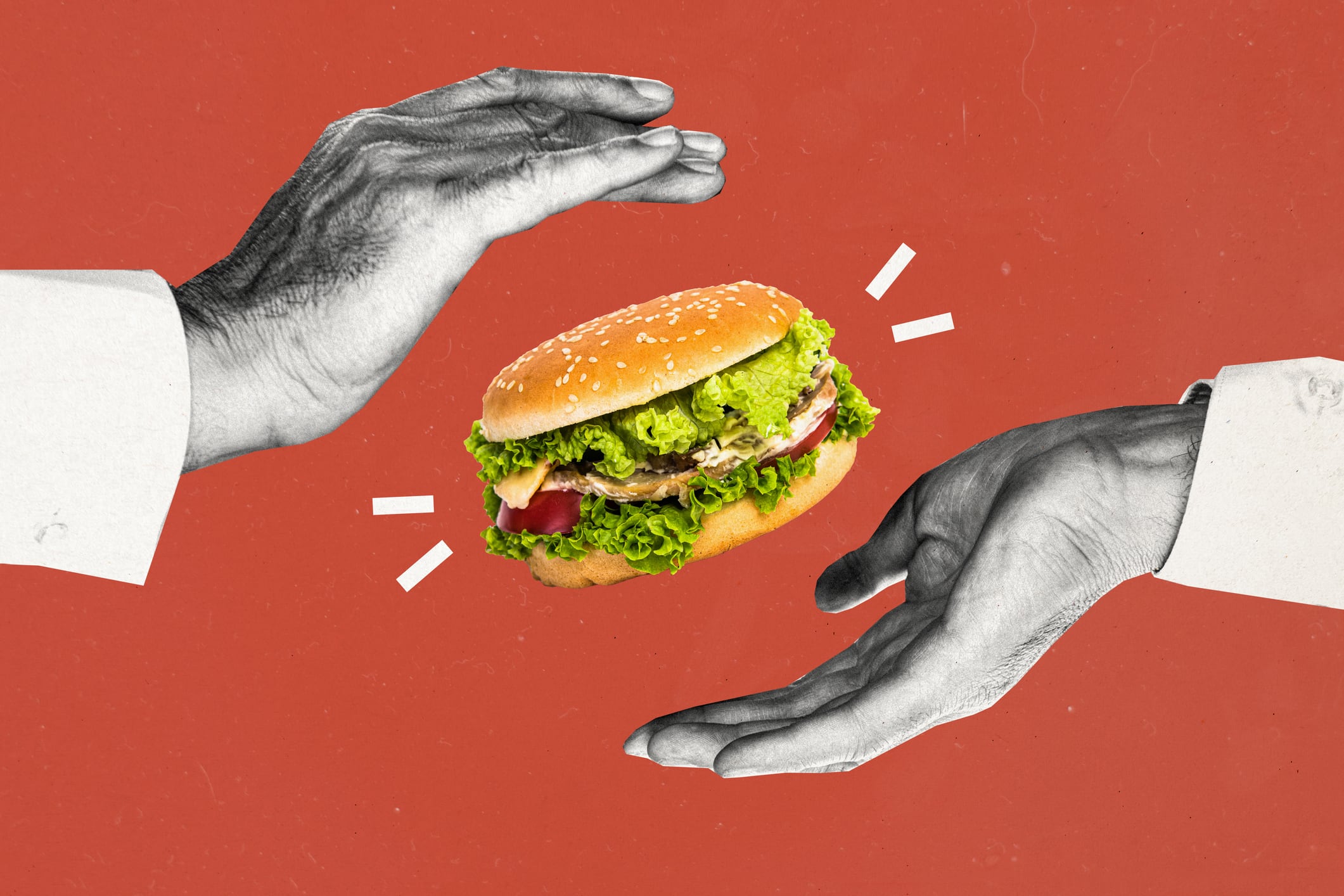
As concerns around ultra-processed food create distrust in plant-based meat, the sector must pay close attention to the ingredients it uses
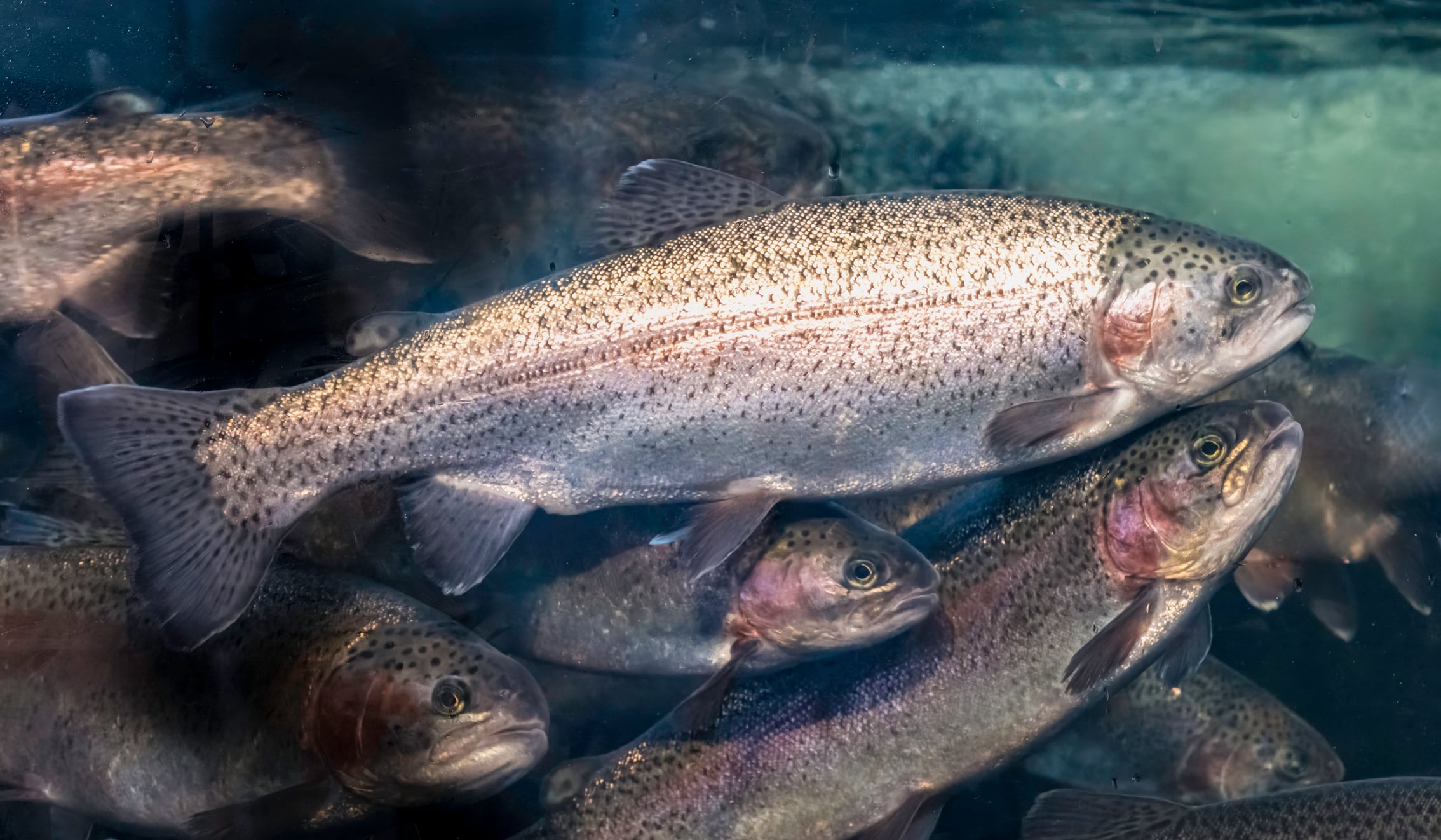
What does true circularity mean when it comes to fish farming?

Inside Nestlé: Rania Abou Samra on crafting the future of food and beverage

When sustainability wanes, other food tech comes to the fore

From gut-friendly gummies to protein-packed snacks, functional ingredients are transforming everyday food and drink into wellness powerhouses
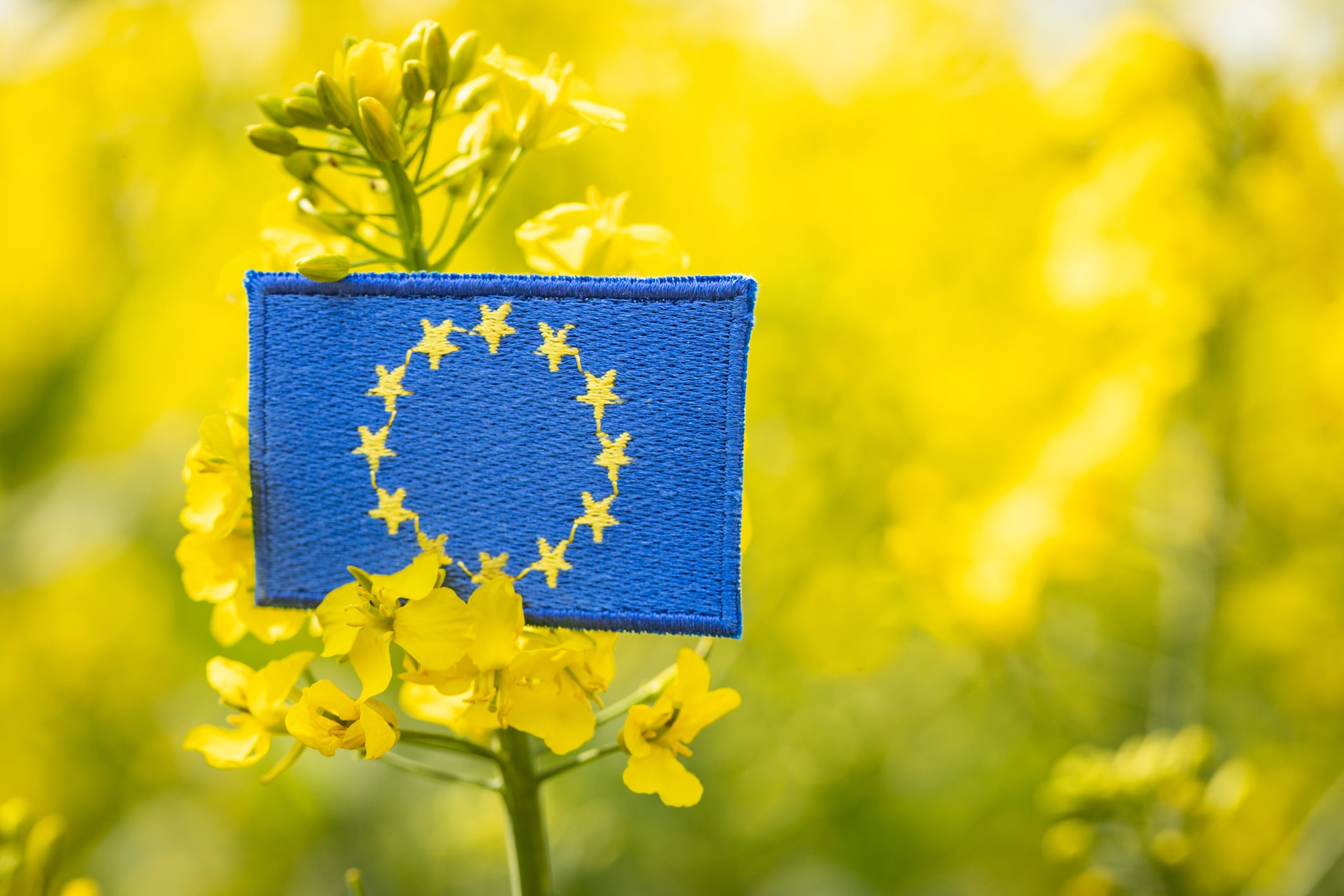
The act is expected to streamline regulation in biotechnology

Sleep is a key health goal among consumers globally. The food industry now has an opportunity to meet consumer demands

As the plant-based industry pushes back against the ban, how likely is it to be implemented?

When it comes to cell cultivation and precision fermentation, consumers want more clarity. But what kind of information is best shared? And how?

From Nestlé’s mass layoffs to Kraft Heinz mega demerger, global CPGs are making bold moves to survive shifting consumer demands and financial pressure

Philipp Navratil is shaking things up at Nestlé, but can he restore the company’s fortunes and inject much-needed growth?